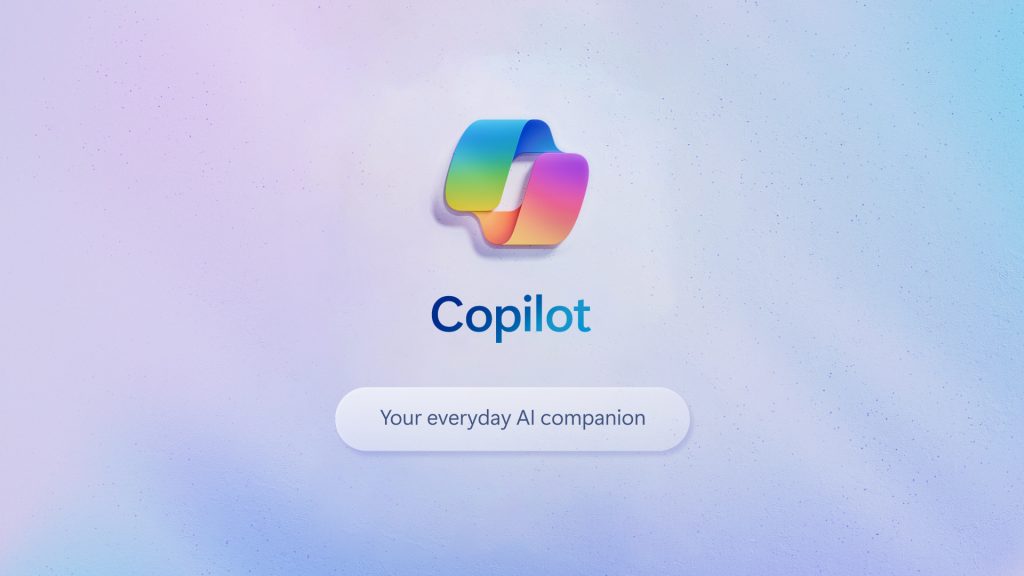
By new I mean put into widespread commercial use during 2023. The effect will need to impact the whole sector of an economy (e.g. car manufacturing, online advertising, education) in a way that is noticeable in at least one key economic measure (growth, productivity, employment, profits, etc.).
Based on the US economy and NAICS defined sectors or subsectors. NAICS codes used will be anything at the 2 digit level with 3/4 digit codes evaluated on a case by case basis
🏅 Top traders
| # | Trader | Total profit |
|---|---|---|
| 1 | Ṁ1,939 | |
| 2 | Ṁ1,637 | |
| 3 | Ṁ780 | |
| 4 | Ṁ743 | |
| 5 | Ṁ654 |
People are also trading
I have looked up NAICS codes mentioned in the comments: 711 (performing arts), 561 (administrative and support services), 54 (professional, scientific, and technical services) and none saw any large change in employment over the past ~12 months according to BLS stats. Most increased somewhat along with the rest of the economy. I don't think we're going to see any sectorwide impacts this year, at least under the criteria for this question.
Maybe relevant: "Study found that "within a few months of the launch of ChatGPT, copywriters and graphic designers on major online freelancing platforms saw a significant drop in the number of jobs they got, and even steeper declines in earnings"." https://twitter.com/StefanFSchubert/status/1722910065378668646
@EliezerYudkowsky I don't think it is.
711510 Independent Artists, Writers, and Performers
This industry comprises independent (i.e., freelance) individuals primarily engaged in performing in artistic productions, in creating artistic and cultural works or productions, or in providing technical expertise necessary for these productions. This industry also includes athletes and other celebrities exclusively engaged in endorsing products and making speeches or public appearances for which they receive a fee.
I think it's 561410:
561410 Document Preparation Services
This industry comprises establishments primarily engaged in one or more of the following: (1) letter or resume writing; (2) document editing or proofreading; (3) typing, word processing, or desktop publishing; and (4) stenography (except court reporting or stenotype recording), transcription, and other secretarial services.
But your point that it's a 6-digit code, not a 2-4 digit code, is clearly correct.
Graphic design services are 541430.
https://www.census.gov/naics/reference_files_tools/2022_NAICS_Manual.pdf
@KatjaGrace I think that's more relevant for this market:
/HartTraveller/will-net-demand-for-graphic-designe
Since the question references a "sector" of "an economy," I submit that Anguilla's 20% GDP increase due to more registrations for .ai domain names (https://twitter.com/stigmergidae/status/1707226833975198192) technically satisfies the stated criteria, and this should resolve to "YES" in the most annoying and unsatisfactory way possible.
@ByrneHobart This might work if the author hadn’t specified ‘based on the US economy’! 😅
I'm worried this market will be unresolvable because of the https://en.wikipedia.org/wiki/Productivity_paradox
@ScottYoung Why would that make it unresolvable? The question is about "noticeable" effects, and the productivity paradox is the fact that noticeable productivity gains take longer than expected after the introduction of a general-purpose technology.
Again, the entire semiconductor industry sees huge impact due to AI technology. https://twitter.com/suhail/status/1683642991490269185?s=46&t=lcyaxrM5YaYy4pr1_DNOUw
@JamesRomeril That's not an impact of AI technology, that's an impact of market hopes about AI.
@EliezerYudkowsky this is how markets work. This is how any economic effect would materialise.
@EliezerYudkowsky This is how markets work. This is how any economic effect in any industry would look.
@JamesRomeril I think the question creator is trying to ask about impact that is downstream of applications of new AI technology. @Nostradamnedus , is that correct?
@Nostradamnedus Are you saying all the money that has moved to Microsoft (and the tech industry) on the potential of AI doesn’t count either? These effects are always upstream and never downstream. Moving my mana to NO. There is no other option.
@JamesRomeril The other option is stuff like "someone makes a really good AI graphic designer, and everyone stops paying human graphic designers".
We're looking for things more like "people stopped using horses" and less like "Ford's revenue went up", as I read this.
But I really would rather a clearer resolution criteria on this question. I don't think it's a great question.
Just had this through the Artisana newsletter, would it be enough to meet the criteria?
Paywalled article but the cliff notes are:
Since the release of ChatGPT and GitHub’s Copilot last year, experienced programmers have become more productive while companies have slowed down the hiring of junior engineers.
Adoption of AI tooling is rapid, with 70% of programmers using or planning to use AI tools, a StackOverflow survey found.
Employment data now shows that junior engineers are the first to experience layoffs as well in the last year.
https://www.wsj.com/articles/ai-jobs-replace-tech-workers-8f3dc92
@Noit I don't know how you could prove anything one way or the other, but those sound like trends that could just as easily be attributed to the end of a hiring bubble during the lockdown years. Some PR people may just be using the AI angle to deflect attention from layoffs that these companies would be doing regardless.

